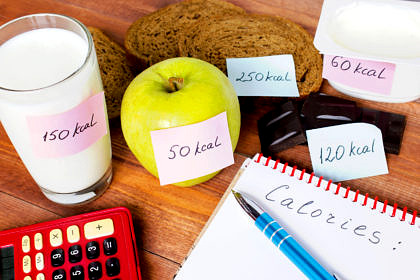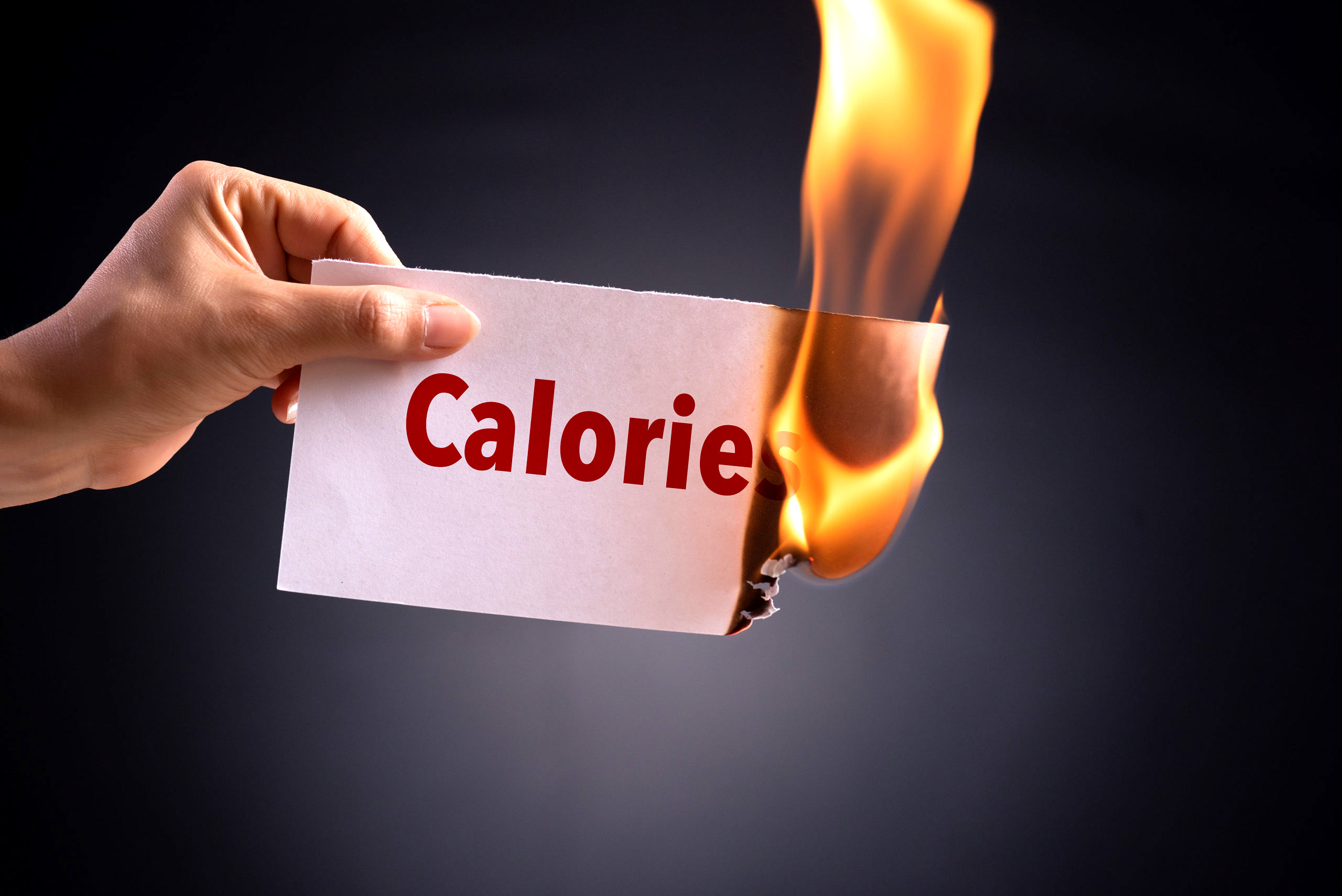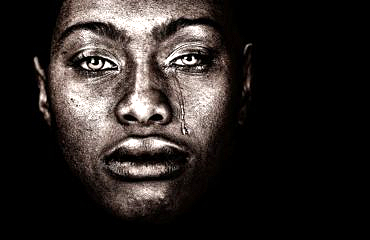Why Cutting Calories Doesn’t Work

Cutting calories doesn’t work!
Have you been told that in order to lose weight you need to eat less and exercise more?
In the late 90’s I remember carrying a small calorie book, keeping track of everything I ate. It was full of low-fat, low-calorie foods that did not nourish my body. I exercised excessively, with a body that was trying to function on these low quality foods.…and this was way before we had the fancy apps we have today, so imagine having to track and add everything up manually…it was exhausting.
I did manage to lose 5 to 10 pounds rather quickly, but it never stayed off. Once I increased my calories, I would gain the weight back and then some. And every time I repeated the process, it just got much harder to lose weight.
There are many weight loss myths out there that are doing more harm than good and the purpose of this video, and my other videos, is to help you understand the true cause of weight gain so that you can lose the weight and keep it off for good.
For over 30 years, we have been told by the powers that be, that when the number of calories we take in (what we eat) exceed the number of calories we burn (how much we exercise), weight gain results.
Despite the evidence, this theory has failed many of us, we continue to repeat this cycle over and over again. It’s time to stop this foolishness. It doesn’t work and I am going to share why.
What is a calorie?
A calorie is a unit of food energy. Our bodies need this source of energy to perform various metabolic functions in order to stay alive.
Think of your body as a car. Your calories are the gas that fuels the car. When your car is in idle, it’s alive. You are burning the gas in the tank. You burn more gas while you are driving and the faster you drive, the more gas you burn.
The same thing happens in your body. As long as you are alive, your body burns calories, even at rest. Calories are the energy needed to fuel your organs such as your lungs, heart, and brain. When you are moving or exercising, you burn more calories and the faster you move, the more you burn.
In theory, it seems to make sense. Burning more calories than you consume will result in weight loss. This is why you have been told to eat less and exercise more. But that’s like driving 100 miles on 50 miles worth of gas…
Let me share another analogy.
Say you earn $100,000 per year (money in) and spend $100,000 per year (money out), then suddenly your income gets drastically reduced to $25,000 per year. Now if you decided to continue to spend $100,000 per year you would eventually go bankrupt, but say you are wiser than that and you chose to adjust and reduce your spending to $25,000? You see here that money out is dependent on money in. You adjust your spending based on the money you have coming in.
Your body does the same with calories.
Now, say, your body needs 2000 calories per day, at minimum, to function. Besides fat production, those calories are being used for:
- New muscle production

- New bone production
- Heart rate regulation
- Heat production
- Physical exertion
- Breathing
- Digestion
- Cognition
- Liver and kidney function
- And Excretion
So what happens when you reduce calories?
If your body is used to using 2000 calories per day for it’s daily functions and you decide to attempt to lose weight by decreasing your calorie intake to 1500 calories, yes, there will be less fat production (that’s where the weight loss comes from). But, there will also be less energy to produce muscle, protein, and heat, for example and the functions of the liver, kidney, heart, lungs, and brain will also decline.
The body adapts to the reduction of caloric energy just like your spending adapts to your reduction of income. The body requires caloric energy to function, so if fewer calories are available for the brain to function, this result is the inability to concentrate. If fewer calories are available to heat the body, this results in constantly feeling cold.
The body is intelligent. It knows if it continues to burn 2000 on a 1500 calorie diet, fat and protein stores would be depleted and the body eventually dies. So instead, the body adapts to the reduction of calories by reducing its metabolism in order to restore balance and preserve itself. You might feel lousy, but at least you’re still alive.
This is why eating less does not result in lasting weight loss. Weight is lost initially, but then your body adapts to the reduction in calories and your weight eventually plateaus. You begin feel irritable, cold, tired, and hangry. You eventually abandon the diet, go back to eating 2000 calories a day, and because your metabolism has slowed down, you quickly gain the weight back plus some. Your body has adapted to the 1500 calorie plan and the excess calories are being stored as fat. Then you get upset because you gained the weight back and you start the cycle all over again. Sounds familiar?
This is the reason why calorie reduction doesn’t work for long-term weight loss. For calorie restriction to work, you have to continuously restrict more calories in order to lose more weight.
Caloric reduction forces the body to shut down in order to match the lowered caloric intake. The body’s metabolism will slow down in order to conserve energy. Caloric restriction never works for long term, lifestyle solutions. This is why most weight loss challenges do not work! Many of them are highly restrictive. You lose weight in the short term, but many of them are not sustainable in the long term. As soon as you end the 6 week or 12 week challenge, you go back to your old eating habits and the weight gain comes back and brings some extra weight along with it because your metabolism had slowed down while you were restricting calories.
 Restricting calories is a losing, uphill battle. The key is not to focus on calories, but to improve your overall metabolic function.
Restricting calories is a losing, uphill battle. The key is not to focus on calories, but to improve your overall metabolic function.
————————
If you enjoyed this post and you want to learn more about how to get your body healthy enough to lose weight, register for my free online MasterClass.
Begin your journey today! Thank you for visiting and until we meet again, go out there and achieve more Freedom in your health and your life!


